Here's what the official wildlife observation page says is happening now:
MayI saw active catfish and bluegill even along the shoreline. Had hoped to see the famous 14 foot gator sunning himself near the Bluff Lake Boardwalk, but no such luck. I did catch a bunch of herons from the rookeries actively flying around from across Bluff Lake.
Bluegill spawning
Catfish spawning
Heron rookeries active
Bluebird and Prothonotary warbler nesting
Alligators active
Chuck-will's widow calling
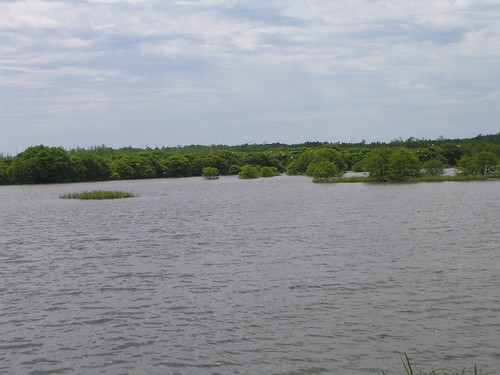
On the way out to the refuge, I listened to the last three tracks on Bruce's greatest record—
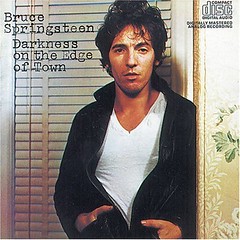
that would be:
Streets of Fire—and then hit this compilation. After some fruitful rumination among nature, I was ready to return to civilization and pen this "Ode to Noxubee" (allowing myself to produce what Wordsworth dubbed "emotion recollected in tranquility"). Returning to Starkville, I played something a bit more upbeat.
Prove It All Night
Darkness on the Edge of Town
First stop was the Bluff Lake Boardwalk.
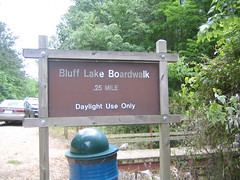
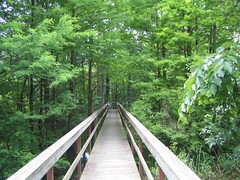
These kind of trails through hardwood bottomlands are really what signify the South for me far more than even Live Oaks and Spanish Moss. Because they exist all over from the Okefenokee in the east to the St. Mark's National Wildlife Refuge farther south and then several hundred miles west along the Gulf to Bayou LafitteIn Jefferson parish south of New Orleans to as far north as the Black Prairie and Noxubee at the evry least.
I wandered into the cypress swamp and saw some cypress knees and cool aereal roots growing off the vines surrounding the bald cypress trees
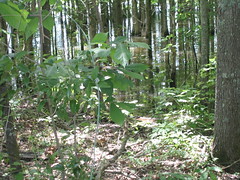

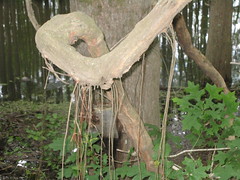
even saw a famous paw paw, but maw maw was nowhere to be found!
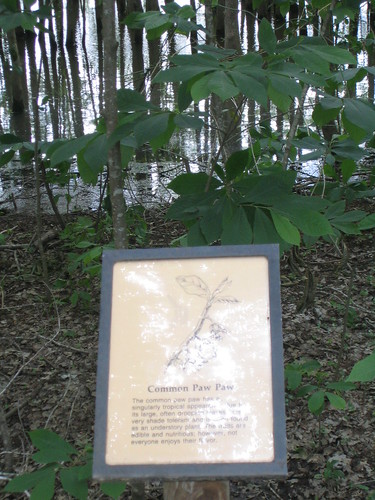
The I drove along the Bluff Lake Levee to the little "dam," whose spillway can produce quite a lot of white water and is a favorite of cane pole fisherman.
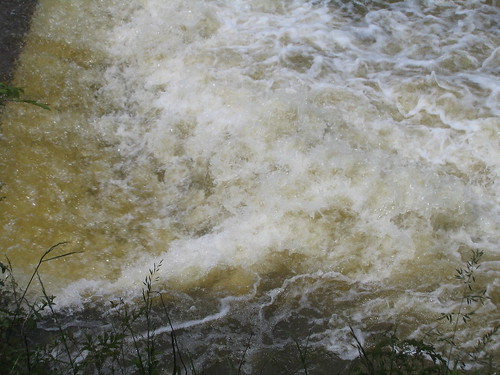
From there I pushed on to Goose Overlook. For those of you not familiar with NE Mississippi, it is called the hill country, and a number of pictures in this photo essay will show significant elevation changes. This is not the Delta. Come here in the gloaming mid fall to mid winter and you're bound to see a whole bevvy of wild turkey come in a single file line behind the dominant Tom out of the hardwoods across the way to graze near the waterway through which Canadian geese migrate anually.
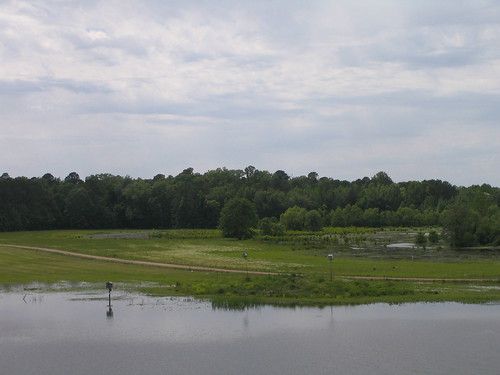
This time of year (May), you're more likely to find herons wading as I did.
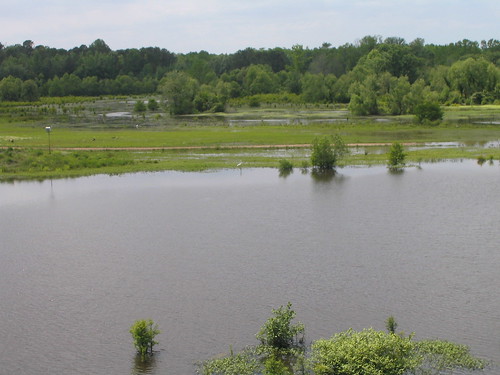
Finally on to my favorite spot in the entire refuge, a lone watchtower overlooking Loakfoma Lake.
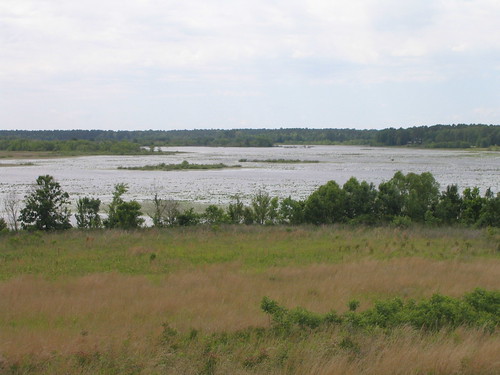
In less than 2 miles we've moved from hardwood bottomland to the edge of the Black Prairie, a grassy rolling veldt that slashes from the SW to the NE across central and NE Mississippi.
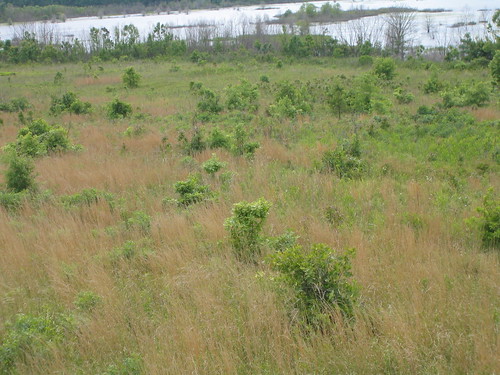
Given the moderate temperatures we've had so far this spring, wildflowers were still in bloom.
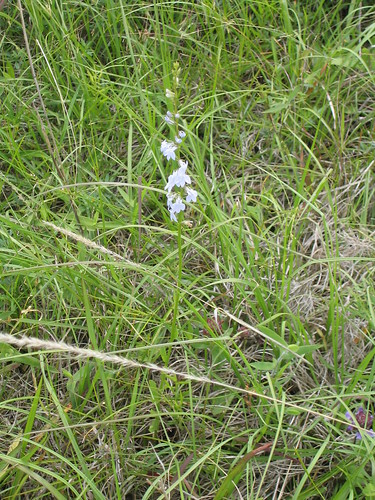
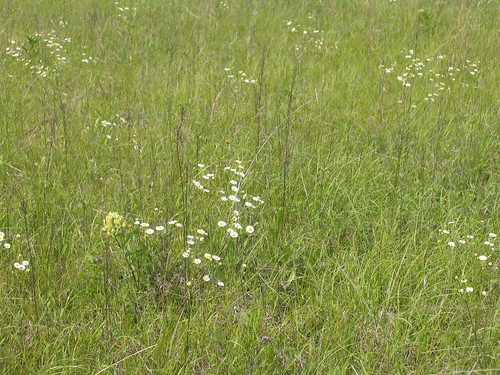
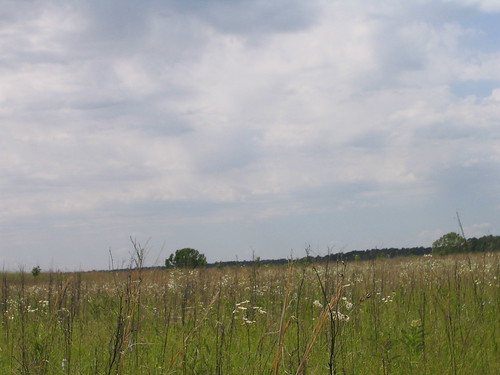
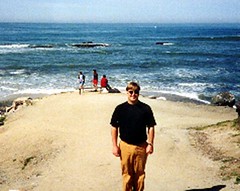
No comments:
Post a Comment